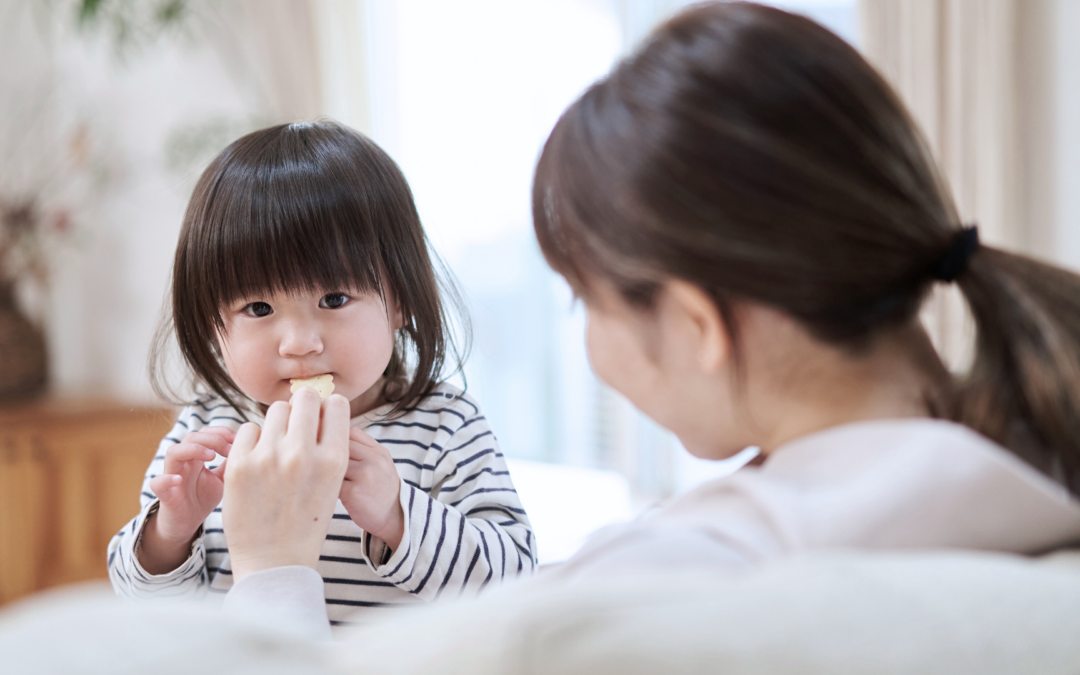It’s no secret that Singapore is widely lauded for its academic performance rates in schools. Singapore consistently flaunts top-tier results in the Programme for International Student Assessment (PISA). According to recent PISA 2022 findings, a whopping 86% of Singaporean students “reported that their teachers give them extra help when needed in most or all mathematics lessons, compared with the Organisation for Economic Cooperation and Development (OECD) average of 70 per cent,” outshining the OECD average of 70%. Impressive, but only on the face of it.
There’s a twist to this – a rather serious one – involving a lack of robust home support that might be steering our kids towards a quiet mental health crisis.
The curveball is that only 47% of these students report their parents checking in on school-related matters weekly, lagging behind the global average of 57%; acing the test but missing the fundamental chapter on parental involvement.
In addition to this, a staggering 87% of students say they feel the warmth from teachers genuinely interested in their well-being, outperforming the international average of 75%. Yet, less than half receive a weekly parental check-in about school-related challenges.
Despite nearly 90% of students sharing a weekly family meal, only a fraction engage in conversations about their academic journeys. A paradox that needs unpacking.
Parenting is no cakewalk. Work demands, societal pressures, and life’s frenetic pace inadvertently create distance between parents and their children. But suppose this distance isn’t actively confronted head-on amid ever-increasing academic pressure on our kids. How much seriousness are we bringing to the table in dealing earnestly with mental health issues, if not just academic issues? Mental health awareness is all well and good, but as with so many things, it starts at home, does it not?
In how it relates to the fundamental need for belonging, a lack of consistent home support correlates with a diminished sense of belonging at school. It should come as no surprise: children who feel disconnected from their families in matters of education often struggle to find their place within their academic environment. When this support is lacking, learners may grapple with feelings of inadequacy and a sense of being adrift in the demanding rigour of academics – and endure a lack of reinforcement and encouragement that a supportive home environment can provide.
After all, if they’re not getting it at school, and they’re not getting it at home, this pervading sense of isolation can lead to heightened stress, anxiety, and a reduced enthusiasm for learning. It’s a sad reality we’ve observed time and time again.
There’s a critical correlation here as an inverse to this: families providing rich support create students with a greater sense of belonging, life satisfaction, and confidence in independent learning. Worldwide, high-performing students often hail from households engaged in regular family meals and discussions about school. The emotional support that stems from parents actively participating in their children’s academic journey contributes significantly to a child’s overall contentment. If not to propel them forward academically, at least to allow them the space to ‘fall short,’ and give them the support to meet that with confidence.
“It takes a village” rings profoundly true. But this community support is complementary, and not a substitute, for the unique impact of family.
It’s the primary crucible where a child’s values, attitudes, and beliefs are shaped. Working with families every day has taught us how their child’s success and well-being are predicated on their attention and support. Especially when our families are on a journey of a more independent form of learning: the emotional scaffolding provided by parents offers a robust foundation upon which a child builds their academic resilience. When familial support systems are strong, learners are more likely to confront challenges with a sense of security, knowing that they have a home base to return to—a place where unconditional love and encouragement exists regardless of what happens outside, in an exam, an assignment, etc.
But as this original issue revealed itself to be, the presence of family for the sake of empty presence isn’t the solution. We’re talking about consciously being present, and reinstating the art of genuine conversation and curiosity about our children’s experiences. Whether or not they’re participating in self-directed learning or are still in school – this foremost value of delving into their worlds is essential, because we are, after all, a part of it too.
It’s more than just sharing a meal. It’s about actively inquiring about the day-to-day, if not a general investment in your child’s hopes and dreams, to understand the challenges faced, and celebrating the victories. More than anything, it’s the nurturing of an environment where kids feel comfortable sharing their academic highs and lows and are reminded that those matters don’t define them at the end of the day.
Our country’s PISA success is commendable, but without addressing the silent crisis brewing within our homes for a true, authentic sense of success and well-being: it means little. This is something we come back to again and again. We believe deeply in not being beholden to empty statistics but instead, a balanced approach that upholds academic excellence with emotional well-being, not at its expense.
So, to come back to the idea of “it takes a village,” it pushes us to recognise the interplay between community and family, and a recognition of what true community is that ultimately cultivates the crucial aspect of belonging. This, at its core, is the indispensable element to true academic well-being and success. To us, well-being takes priority for the rest to follow – with or without academic success. Just the belief that our children deserve to be seen and loved for who they are, or that their worlds are deserving of bearing witness to with curiosity and attention.
References
Teng, S. D. A. (2023, December 7). Less than half of S’pore students say parents ask about problems in school, lower than OECD average. The Straits Times. https://www.straitstimes.com/singapore/less-than-half-of-s-pore-students-say-parents-ask-about-problems-in-school-lower-than-oecd-average

